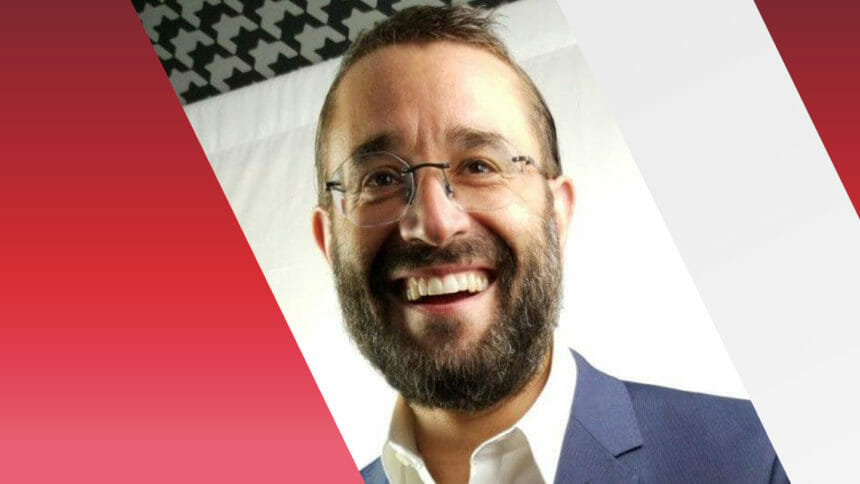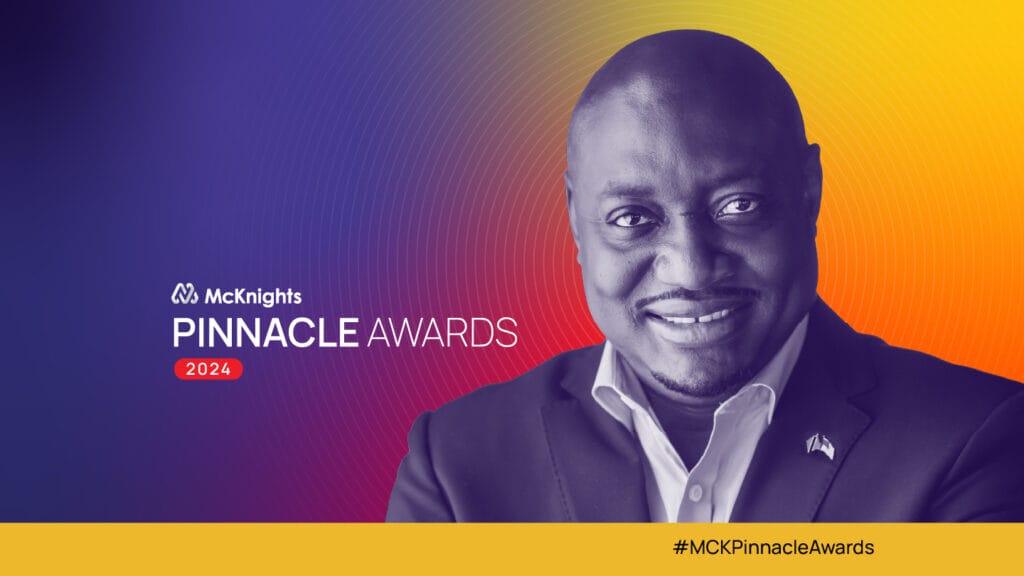
Editor’s note: Peer-to-Peer is a feature from McKnight’s Home Care Daily Pulse in which we talk to the leaders in home care, your peers, about their operational initiatives, efforts and ideas. If you think someone in home care would make a good subject for Peer-to-Peer, please email Diane Eastabrook at [email protected].
In the early days of the COVID-19 pandemic, Josh Klein, CEO of Emerest Health, got a unique perspective on how the pandemic was affecting his clients in New York, New Jersey, Connecticut and Missouri. As a volunteer paramedic in New York City, he came face-to-face with hundreds of elderly patients who were sick and very often isolated from family.
Klein’s experience on the streets of New York City sparked Emerest Connect — a 24/7 platform that connects the agency’s New York and New Jersey patients with healthcare providers, social workers and emergency medical technicians through tablets. The platform also monitors vital signs and helps patients connect with each other through classes.
McKnight’s Home Care Daily Pulse talked to Klein about the important role technology can play in home healthcare during and after the pandemic.
McKnight’s Home Care Daily Pulse: Tell us about the genesis of Emerest Connect. It sounds like you really had an aha moment doing your volunteer work as a paramedic.
Josh Klein. From day one we said how do we mitigate that loneliness, which could ultimately turn into depression? So, in March (2020) I ordered hundreds of devices for the most vulnerable patients, so they could have somebody to talk to. It then grew into a network where we have hundreds of devices that pick up their vital signs and that helps us understand what their health is and we have a nursing staff on top of that monitoring these vital signs. We have a paramedic program on top of that.
McKnight’s Home Care Daily Pulse: Since you rolled out Emerest Connect you’ve reduced hospitalizations by more than half. Is it simply the technology or is there more to it than that?
Josh Klein: The simple solution to reducing hospitalizations is that you have devices at home that monitor blood pressure, heart rate, blood sugar level. There are a lot of solutions out there, especially in rural areas. But we were able to create solutions around those alerts that come in. If someone’s blood pressure is high, we are able to intervene. If someone has pneumonia and needs a chest X-ray, we are able to provide that whole continuum of care. We physically have a hospital on wheels.
McKnight’s Home Care Daily Pulse: Emerest Connect focuses as much on social isolation as it does on health. Why has that been so important?
Josh Klein: With COVID, lots of people are dealing with grief. We have boxed out all of the people who are dealing with grief and we have classes for them. One of the things we’re proudest of is that we’ve taken on a lot of social topics. The numbers are unbelievably amazing where they come to these classes and talk about social issues. If it’s a really touchy subject for them, they can talk one-on-one with a social worker. If it’s a group setting where it’s healthy to talk in a group, then we’ll set that up and create a community.
McKnight’s Home Care Daily Pulse: Is technology like Emerest Connect part of the answer to the worker shortage?
Josh Klein: If a home health worker comes into a home from 9 a.m. to 1 p.m., what does that elderly person do the rest of the day? So we really have to take technology and make it work. Just to put in a screen and talk to someone on the social side is very good. We have one social worker in a group setting with thirty people. So that is helping with the worker shortage. So during the time that a home health aide couldn’t be in the home or we didn’t have the money, we were able to figure out a way to be in that home during times that we were never there to begin with. So we are covering a lot of that shortage with technology.



